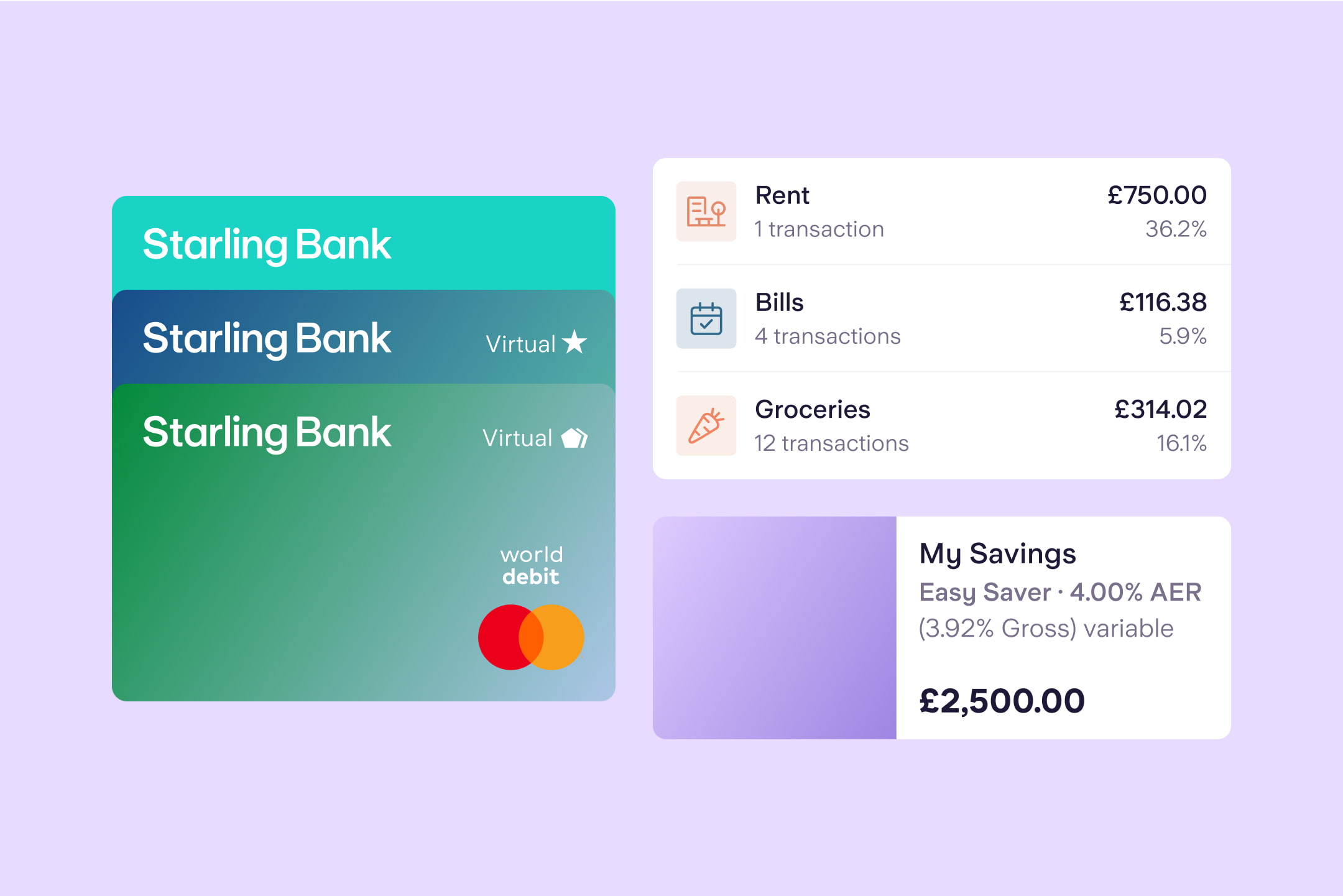
Budgeting
“Bills, Bills, Bills” – Sorted in three simple steps
By Esmeralda Dyer Bray

Compound interest is arguably the best kept secret in finance. Whether you keep your cash in a savings account, contribute to your workplace pension or invest in stocks and bonds, compound interest is one of the main ways you can preserve and grow the value of your money.
Compound interest means you earn interest on top of interest, and this can generate a snowball effect that adds up over the long term. Many UK savings accounts offer compound interest - but not all - so make sure you watch out for that when you shop around. It means you’re making your money work as hard as it can, without any extra effort or cost on your part.
For example, if you put money into your savings account and the Annual Equivalent Rate (AER) is 5%, it means that your £1,000 will grow to £1,050 after a year. If in the second year the interest rate is the same – 5% – you will receive 5% of £1,050. After two years, your pot would be £1,102.50, and after 10 years, £1,628.89.
With ’simple interest’ you would only earn interest on the original £1,000 you invested – and your money would grow to £1,050 after one year, £1,100 after two years and £1,500 over 10 years.
Over months and years, what seems like just a little boost can add up to big figures and make a real difference. This positive growth effect of compound interest will continue as long as you’re invested – another reason to stay put over the long term. In the example above, over 10 years, compound interest would deliver about £129 more than simple interest.
The idea behind compound interest, which Albert Einstein supposedly described as ’the eighth wonder of the world’, doesn’t just apply to savings accounts – it is also relevant for investments in the stock market, say, within a Stocks and Shares ISA, or within your workplace pension.
If your shares receive ’dividends’, (a dividend is the share of profits a shareholder receives), you can also re-invest this sum and keep adding to the pot. In other words, dividend re-investing can be a powerful compounding tool. ’Coupons’ from bonds can also be re-invested in the same manner. These transactions are usually carried out by a professional investor or fund manager. However, first-time investors can get started in the stock market with a very small amount of money. The personal finance Starling Marketplace is integrated with investment apps such as Wealthify and Wealthsimple, allowing you to invest with as little as £1 and receive access to a diversified investment portfolio. You can check up on your portfolio via the app any time, and top up as often as you want.
Compound interest is great if you’re investing or saving, but interest on top of interest is not so great when you’re in debt. For example, if you’re only making the minimum repayments on a credit card debt, the effect of compound interest means it will take you much longer and cost you a lot more to pay off that debt than you might have anticipated. With a credit card interest rate of around 18% APR (Annual Percentage Rate), if you have a £3,000 credit card debt and make only the minimum repayments, it could take more than 19 years and almost £2,900 in interest to pay off!
In essence, the snowball effect can work in either direction. Try to make sure it’s the one in your favour.
The article above includes general information and should not be taken as financial advice. If you have questions about your specific circumstances, please speak to an independent financial advisor.

Budgeting
By Esmeralda Dyer Bray

Expert interviews
By Vicky Reynal

Budgeting
By Charlotte Lorimer

Saving
By Matt Poskitt